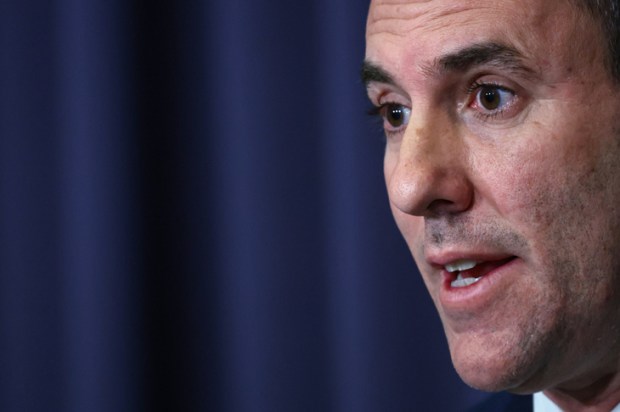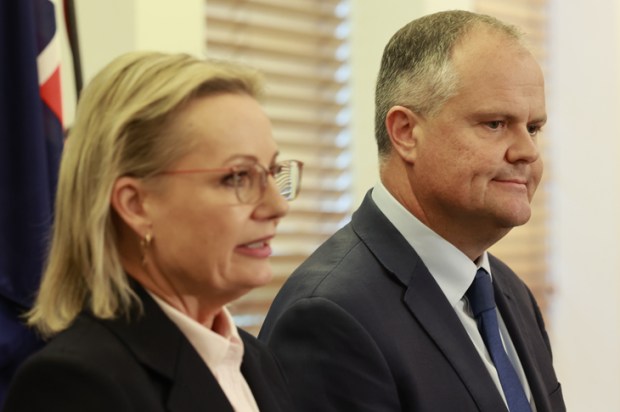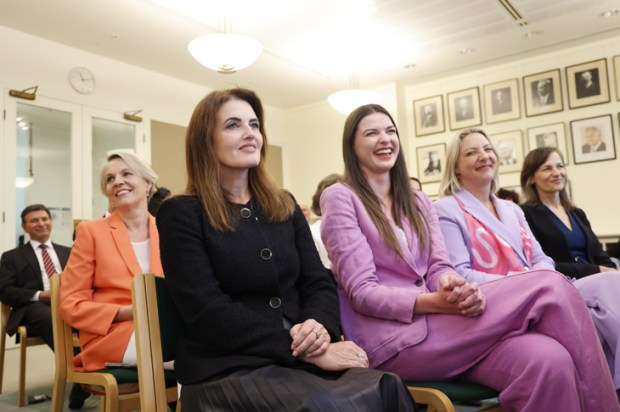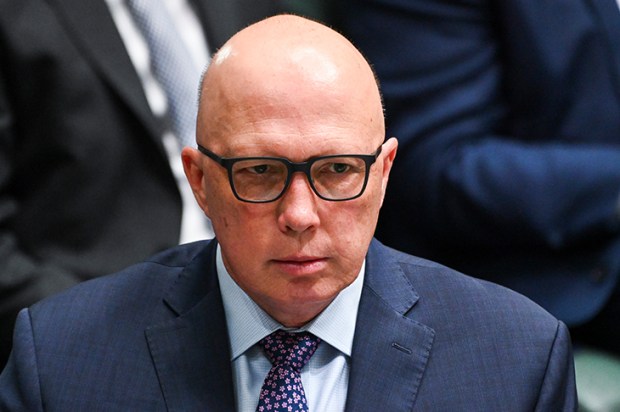Here at the Burkina Faso embassy to the United Nations, we have been working tirelessly on the most significant inquiry into the abuse of human rights ever undertaken. The prestigious UN Human Rights Council was charged last year with conducting a thorough, objective, and independent inquiry into the appalling and indefensible violations of human rights by Israel in the occupied Palestinian territories, the West Bank, Gaza, and East Jerusalem. And Burkina Faso (or Land of the Upright/Honest People) has been remarkably successful in putting together an impressive array of freedom-loving and open-minded nations with unblemished records in human rights to set up the inquiry, sit in judgment on Israel and tell it how it should behave. Indeed, Burkina Faso is eminently qualified to do so, particularly on civil and political rights: we have never had a military coup, except in 1966, 1980, 1982, 1983, 1987, 1989, 2015, and 2022. And our president has given an unequivocal promise that elections are definitely on the agenda.
But the absolute standouts in our group of nations committed to human rights are China and Russia who brought to the table their own priceless experience. In China, the fair-minded tourist need only wander through Tiananmen Square or the streets of Hong Kong to witness the vibrant atmosphere of free and open debate that prevails in peace and harmony, and without a word from anyone that they are being denied freedom of speech, assembly, or religion. Moreover, the tourist in Xinjiang province would see the happy Uighur people rejoicing in their ancient cultural pass times, while their right to education is enhanced by re-education, which is twice as good. And the right to an abortion that the Americans keep harping about, is protected for Uighurs by making it compulsory.
Likewise, political debate and discourse are alive and well in Russia. People who wish to start political parties or stand for election are given free consultations with the government to help them get started. And the authorities play a creative and helpful role when new TV and radio stations and newspapers are proposed. Indeed, so committed is the government to its citizens taking part in the political process that anyone seeking advice on how to do it is invited to a unique tea-drinking ceremony with one of the President’s inner circle. And the government has accepted the yearnings of neighbouring Ukrainians to share with Russia its passionate pursuit of human rights.
Next in our group, Bahrain, is also a champion of democracy, with a parliament so supported by the King that he appoints its members and often explains why certain laws are not necessary for the parliament to worry about. And women are so free that they do not have to waste their time on politics, setting them free to spend more time with their families. Cuba is one of the best countries for democratic elections because everyone wins (except homosexuals who are not really interested). And freedom of the press is safe there: Cuba is 173 on the list of 187 countries, far better than Iran, Myanmar, and North Korea. Gabon is such a haven of democracy that the government courageously declared that the results of the last election were ‘very close’ and would definitely have been clarified if the ballot papers had been found. Such is the confidence that the people have in their president, that he was elected for life and is allowed to dissolve the parliament and dismiss supreme court judges. Mauritania has been badly treated in the international press and we all know who controls those mouthpieces of anti-Islamic propaganda. But it is a fully fledged country at the forefront of human rights. It has not had a military coup since 2008 and has abolished slavery, so we were pleased to welcome it as a member of our team.
Likewise, the Ivory Coast has not had a military coup since 1999 and only two civil wars since 2010 and everyone understands that elections run more smoothly if the opposition is not involved. Let us be frank about Eritrea, something you could never be about Israel. It has had some ups and downs due to ignorant, biased international criticism but it is 179 on the press freedom index this year and was only the second worst last year. And the reason it has never had an election is that the people are happy with the government. It also has an obvious commitment to human rights joining other freedom-loving countries at the UN defending China’s compassionate relationship with the Uighurs. Somalia always has trouble working out who is the government and who are the rebels, but it is passionate about the rule of law and in its spare time has introduced Sharia law and made homosexuality punishable by death. Uzbekistan is definitely improving and the only criticism comes from pesky outside organisations who say it is ‘an authoritarian state with limited civil rights’ but Israel is worse, so we are pleased to have the Uzbeks on board. Libya is committed to democracy and the rights that go with it, because everyone wants to be the government and sometimes, they are, so that is a good foundation to build on.
After an exhaustive examination of the whole issue, our independent and objective report has been released. We found on the evidence that Israel is guilty of the most egregious breaches of human rights in Palestine, Gaza, and Jerusalem. But as was inevitable, Israel and its minions have already tried to discredit our objective work. And when one of our experts, Miloon Kothari, simply stated the obvious, that Jewish interests controlled the media and Israel should not be a member of the UN, even those harmless remarks were attacked. Fortunately, our valiant chairwoman was able to set the record straight and point out that Kothari had been ‘taken out of context’ and ‘misquoted’ which he was. So, ignore the criticism, our report is above reproach, like Caesar’s Palace.
Got something to add? Join the discussion and comment below.
You might disagree with half of it, but you’ll enjoy reading all of it. Try your first month for free, then just $2 a week for the remainder of your first year.














